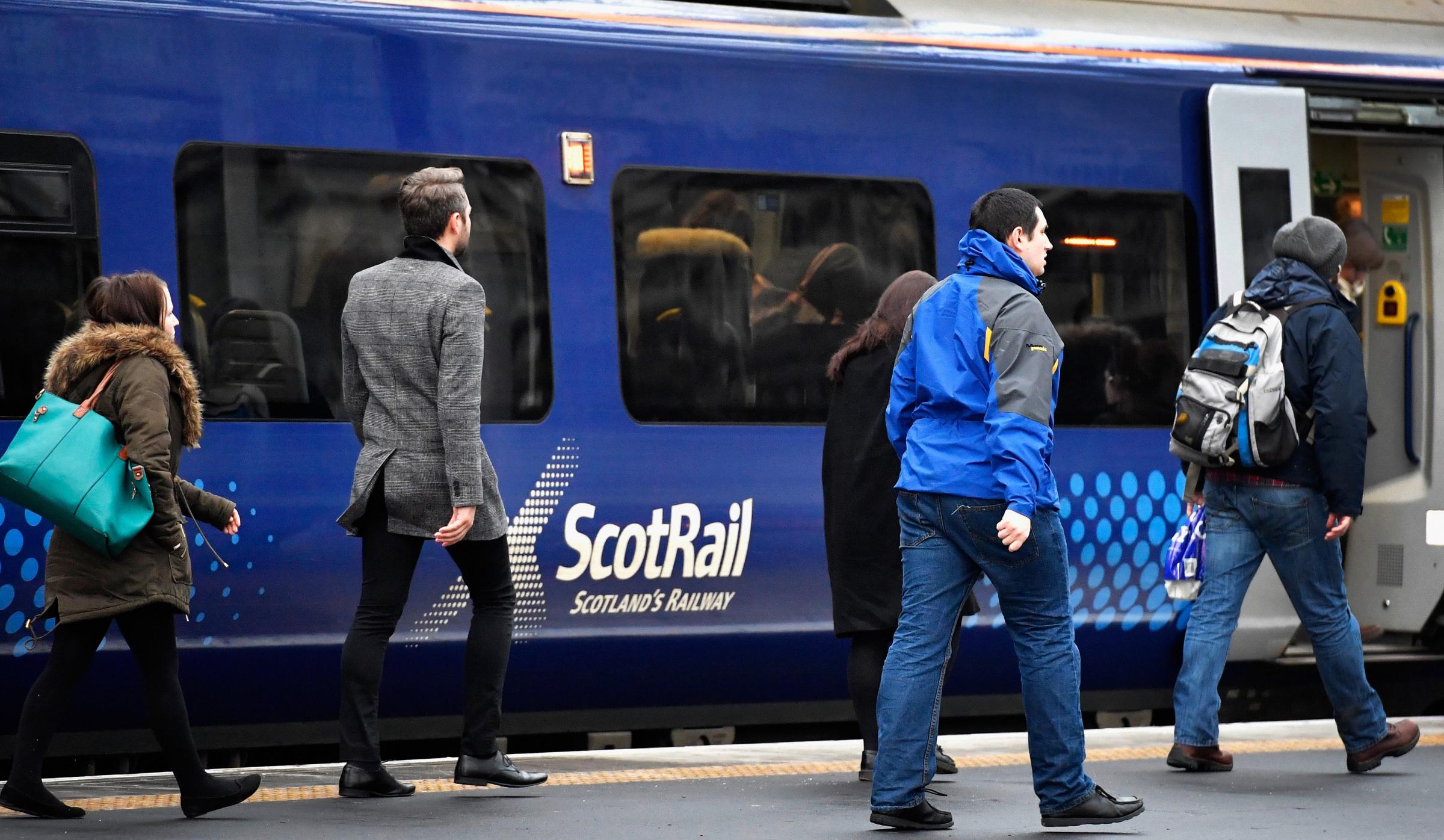
SCOTRAIL'S reduced timetable began on Monday, with more than 700 services cut across the country.
A dispute with the Aslef union, whose members are refusing to make themselves available for overtime, has led to a third of daily services being halted.
The rail operator was brought into public ownership at the beginning of April.
The reduced timetable was confirmed on Wednesday, with Transport Minister Jenny Gilruth later saying it would provide passengers with greater certainty.
At the weekend, Employment Minister Richard Lochhead told the BBC’s Sunday Show he hoped the dispute could be “sorted soon”.
He said: “My message to all workers in Scotland and all these sectors is we have to be sensible, everything has to be affordable because the country’s in a very, very precarious position at the moment, and if we take wrong decisions we could end up with a recession in the near future, which will cause a lot of damage to people’s lives and local business in Scotland and our economy.
“It’s not for me as a minister to say what’s the right or wrong wage for a train driver or anyone else.
“But just to say that it’s really important that people are compromising, being constructive, and recognise the consequences of these disputes dragging on for too long.”
A typical ScotRail driver salary is more than £50,000, with drivers being offered a 2.2% pay rise and the opportunity to take part in a revenue share agreement which would take the total package to 5%.
The offer has been rejected by the unions Aslef and RMT, which described it as “derisory”.
The Scottish Government has said work is under way to recruit more train drivers and reliance on rest-day working must stop.
Aslef Scottish organiser Kevin Lindsay said members were looking for a “sensible settlement” and called for more talks to resolve the issue.
He told BBC Radio Scotland’s Good Morning Scotland programme: “I’m desperate to get round the negotiating table but I can’t negotiate with myself.
“I need somebody from ScotRail or Transport Scotland to come along with the authority to make a deal so we can move forward because this is damaging Scotland’s economy, it’s damaging our cultural events, we really need some action on this to move this forward.”
He said: “I appreciate other sectors and other workers may not be on the same salaries or may not be making the same demands, but this isn’t a race to the bottom, my job is to protect the terms and conditions of train drivers, and train drivers are telling me quite clearly they are looking for a sensible settlement that we can actually move forward on to deliver for the passengers of Scotland.”







